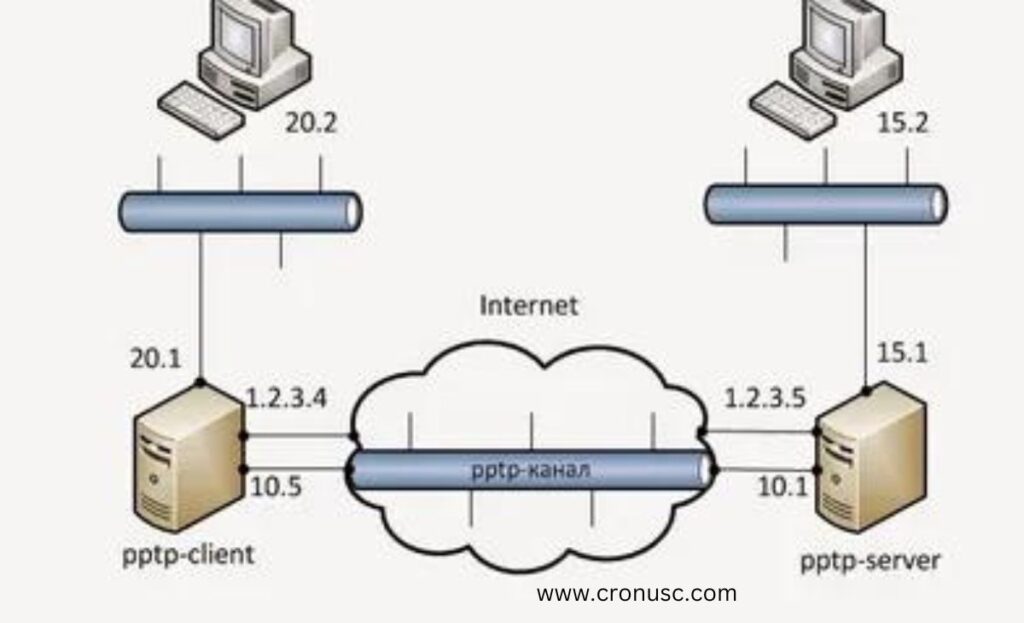In the dynamic realm of digital connectivity, companies are often searching for economical and effective methods to guarantee smooth communication and safe data transfer. Wireless P2P or point-to-point VPN (Virtual Private Network) solutions have grown in popularity in recent years. These systems have various advantages, but one that jumps out is their cost-effectiveness, which will be discussed in this article.
The Significance of Wireless P2P VPN Solutions
- Cost-Effective Infrastructure: Minimize the need for extensive cabling, reducing material and labor costs, making it an economical choice.
- Rapid Deployment: Swift implementation allows for the quick establishment of secure connections, saving time and resources.
- Scalability and Adaptability: Easily expand or reconfigure networks to accommodate changing business needs without incurring significant costs.
- Seamless Connectivity: This wireless VPN connectivity solution ensures uninterrupted communication between remote locations, fostering collaboration and data sharing.
- Reduced Maintenance:
Streamlined management tools and minimal physical infrastructure contribute to simpler and more cost-effective maintenance processes.
The Cost-Efficiency of Wireless Point-to-Point VPN Networks
In the dynamic realm of digital connectivity, wireless Point-to-Point VPN networks and solutions have emerged as cost-efficient alternatives. By eliminating the constraints of physical infrastructure and offering scalability, rapid deployment, and streamlined management, these solutions redefine the economics of secure and seamless networking.
Reduced Infrastructure Costs
Conventional wired networking solutions frequently necessitate a large expenditure on hardware, including switches, routers, and cables. Conversely, wireless networking reduces labor and material expenses by doing away with the requirement for substantial cabling. This is particularly advantageous in scenarios where laying cables is impractical or financially burdensome, such as connecting two geographically distant office locations.
Streamlined Maintenance and Management
This wireless technology offered by internet service providers typically boasts simpler maintenance and management compared to wired alternatives. The absence of physical cables minimizes the risk of damage and the need for regular inspections. Furthermore, these systems frequently have centralized management tools and user-friendly interfaces, which cut down on the time and resources needed for regular system maintenance.
Flexibility and Scalability
The peer-to-peer VPN technology has scalability and flexibility, enabling enterprises to modify their network infrastructure in response to evolving requirements without incurring undue expenses. As the organization grows or restructures, these solutions can be easily expanded or reconfigured to accommodate new requirements. This scalability ensures that businesses only invest in the resources they need, avoiding unnecessary expenses.
Rapid Installation and Deployment
One of the most significant cost-saving aspects of wireless P2P VPN solutions provided by our company, Cronus, is the speed at which they can be deployed. Traditional wired networks often involve time-consuming installation processes, whereas this wireless connection can be established relatively quickly. The swift deployment translates to lower labor costs and faster realization of the benefits associated with improved connectivity.
More Focus on Energy Efficiency
These wireless VPN solutions are often more energy-efficient than their wired counterparts. Reduced reliance on physical infrastructure results in lower energy consumption, contributing to cost savings in the long run. As businesses focus on improved productivity and sustainability, the energy efficiency of wireless solutions aligns with environmental goals while simultaneously reducing operational expenses. The cost-effectiveness of wireless P2P VPN solutions stems from their ability to reduce infrastructure costs, streamline maintenance, provide scalability, allow for rapid deployment, and demonstrate energy efficiency. As businesses continue to prioritize efficiency and flexibility in their networking solutions, this emerged as a compelling option, offering a potent blend of performance and affordability. Contact our team today to learn more about the best internet solutions in Detroit.
Frequently Asked Questions
Are Wireless P2P VPNs as Secure as Wired Solutions?
Wireless P2P VPN solutions can be highly secure when implemented correctly. Encryption protocols, authentication mechanisms, and secure key exchange methods ensure that data transmitted over the wireless connection remains confidential. It’s essential to choose reputable vendors and follow best practices to maximize security.
Can this Wireless VPN Handle High Data Traffic?
These wireless VPNs are designed to handle high data traffic efficiently. High-speed connections are now supported by the technology, making it appropriate for bandwidth-intensive applications. Specific performance is determined by elements such as the equipment used, frequency ranges, and climatic circumstances. However, a number of variables, including the equipment selected, the frequency bands used, and the surrounding environment, affect the actual performance.
What Is the Range of Wireless P2P VPNs?
The range of wireless P2P VPNs varies depending on factors like frequency, power, and line of sight. In optimal conditions, these connections can span several kilometers. However, obstructions and interference can reduce the effective range. A site survey and careful consideration of environmental factors are crucial for determining the achievable range in a specific deployment. While wireless point-to-point VPNs offer cost-effective, seamless connectivity, increasing connection speed can further enhance network performance.


